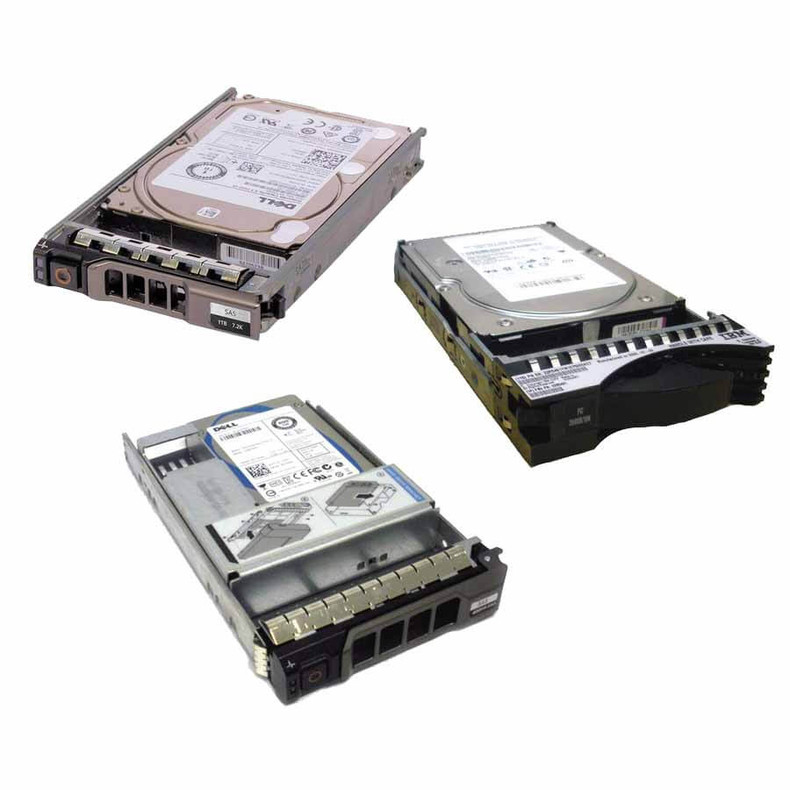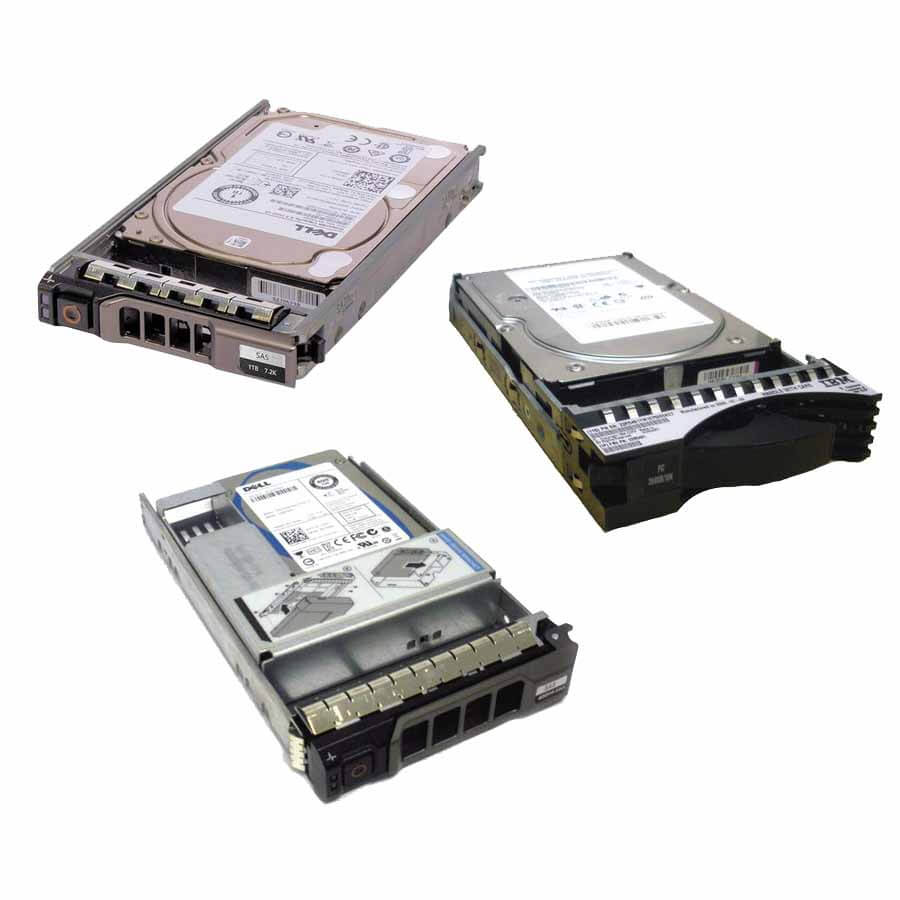Server HDDs vs. SSDs: An Easy Comprehensive Comparison
Server Hard Disk Drives (HDDs) and Solid State Drives (SSDs) are the primary storage options for servers. While both serve the purpose of storing data, they differ significantly in terms of performance, reliability, and cost.
Understanding the Basics
- HDDs: These traditional storage devices use spinning magnetic disks to store data. They offer high storage capacities at a relatively low cost per gigabyte. While they can be slower compared to SSDs, HDDs often excel in storing large amounts of data that doesn't require frequent access.
- SSDs: These modern storage devices employ flash memory to store data electronically. They offer significantly faster performance, lower power consumption, and greater durability compared to HDDs. While SSDs are generally more expensive, their performance benefits often justify the higher cost for many applications.
Choosing the Right Storage Solution
The best choice between HDDs and SSDs depends on your specific server needs:
- Storage Capacity: If you require a large amount of storage space, HDDs are a cost-effective option.
- Performance: For applications demanding high read/write speeds, such as databases or web servers, SSDs are the preferred choice.
- Durability: SSDs are more resistant to physical shocks and vibrations, making them ideal for mobile or rugged environments.
- Budget: HDDs are generally more affordable than SSDs, but the long-term performance and energy savings of SSDs can offset the higher upfront cost.
Key Differences Between HDDs and SSDs
| Server HDD | Server SSD | Feature |
| Magnetic platters | Flash memory | Storage medium |
| Mechanical movement | Electronic movement | Data access |
| Slower | Faster | Read/write speeds |
| Slower | Faster | Access times |
| More power-hungry | Less power-hungry | Power consumption |
| Less durable | More durable | Durability |
| Lower | Higher | Cost per gigabyte |
| Noisier | Quieter | Noise level |
| RAID support, higher capacity, longer lifespan | Less susceptibility to shock and vibration, faster boot times | Additional features |
Which one is better?
- High-Performance Applications: SSDs are ideal for applications requiring fast data access and processing, such as databases, web servers, and virtual machines.
- Mission-Critical Applications: SSDs are more reliable and durable, making them suitable for mission-critical applications where data integrity and uptime are paramount.
Flagship Technologies: Your Trusted Source for Server Storage
At Flagship Technologies, we offer a wide range of refurbished server HDDs and SSDs to meet your specific needs. Our products are rigorously tested and certified to ensure quality and performance. We also provide expert guidance to help you select the right storage solution for your server infrastructure.
By understanding the key differences between HDDs and SSDs and considering your specific requirements, you can make informed decisions to optimize your server performance and reliability.
Contact Flagship Technologies today to learn more about our server storage solutions and how we can help you optimize your system's performance.
Explore Flagship Technologies' Other Offerings of Refurbished Alternatives:
|
|
|
||||
|
|
|
||||
|
| |||||
|
|
|
|
|
|
|
References (Accessed on Oct. 9, 2024):
CDW: HDD vs. SSD: Choosing the Right Hard Drive https://www.cdw.com/category/storage-hard-drives/...
Enterprise Storage Forum: SAS vs SATA: What Is the Difference & Which Is Better?
https://www.enterprisestorageforum.com/...
FS Community: Server HDD vs SSD: Which One Is Better? https://community.fs.com/article/server-hdd-vs-ss...
Western Digital: Compare HDDs vs. SSDs https://www.westerndigital.com/solutions/ssd-vs-h...





